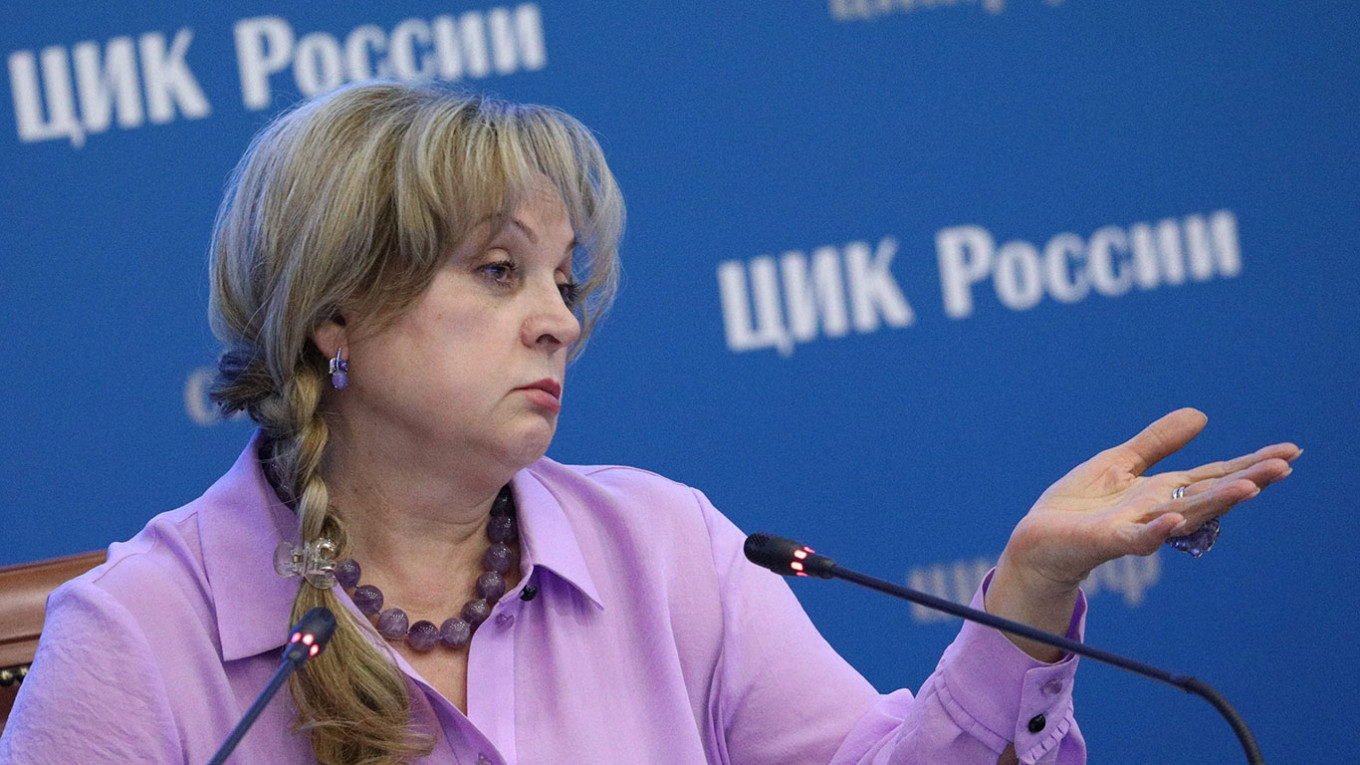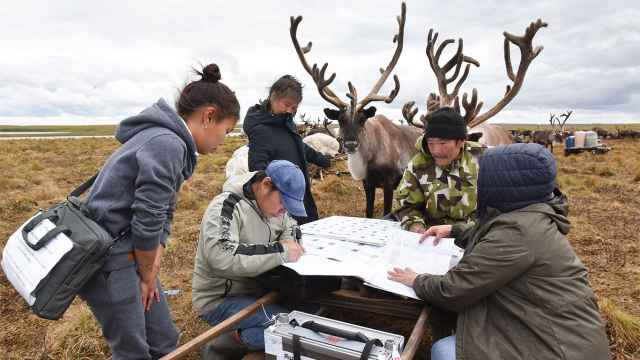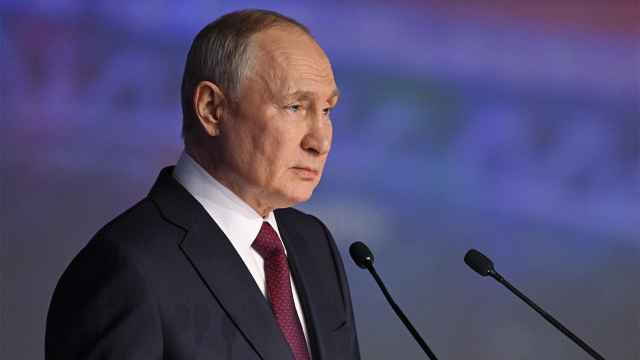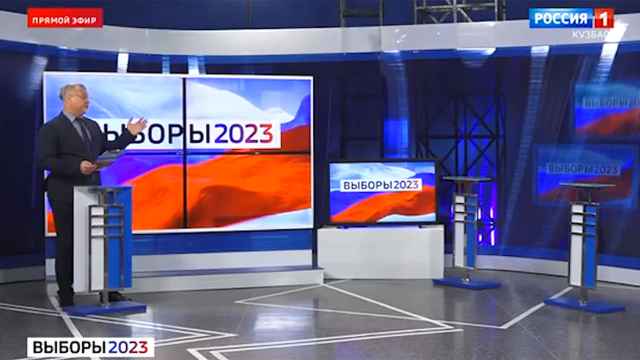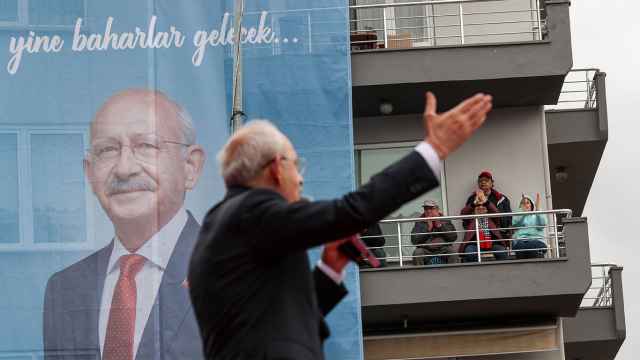International monitors said Wednesday they would not send observers to Russia for next month's general election because of a limit on numbers imposed by Russian authorities.
"We very much regret that our observation of the forthcoming elections in Russia will not be possible," said Matteo Mecacci, director of the OSCE's Office for Democratic Institutions and Human Rights (ODIHR).
"But the ability to independently determine the number of observers necessary for us to observe effectively and credibly is essential to all international observation," he added in a statement.
"The insistence of the Russian authorities on limiting the number of observers we could send without any clear pandemic-related restrictions has unfortunately made today's step unavoidable."
The statement issued by the Organization for Security and Co-operation in Europe (OSCE) said Russia had invited both the ODIHR and the OSCE's parliamentary assembly to observe the vote scheduled for September 17-19.
But it added that Russia later limited the number of observers to 60 for the two OSCE institutions because of the sanitary-epidemiological situation in the country.
The OSCE noted however that "at present, no pandemic-related entry restrictions or rules about operating and moving within the country would seem to prevent the deployment of a full election observation mission in line with ODIHR's initial assessment."
The OSCE said its institutions had been prepared to abide by any coronavirus-related rules, adding that they had managed to observe elections in numerous countries over the course of the pandemic.
"The responses provided by the Russian authorities did not offer sufficient clarification as to why the limitations were needed to prevent the spread of the virus when other preventative measures could be taken," the OSCE said.
ODIHR determined earlier this year that a total 500 long-term and short-term observers was needed for the Russian election.
"I am very disappointed that limitations imposed by the national authorities prevent the OSCE from providing the Russian voters with a transparent and authoritative assessment of their elections, as we have been doing consistently since 1993," said Margareta Cederfelt, president of the OSCE parliamentary assembly.
"The OSCE was limited to sending only a small fraction of the observers we had intended, and this simply does not enable us to carry out our work in an effective and thorough manner."
A Message from The Moscow Times:
Dear readers,
We are facing unprecedented challenges. Russia's Prosecutor General's Office has designated The Moscow Times as an "undesirable" organization, criminalizing our work and putting our staff at risk of prosecution. This follows our earlier unjust labeling as a "foreign agent."
These actions are direct attempts to silence independent journalism in Russia. The authorities claim our work "discredits the decisions of the Russian leadership." We see things differently: we strive to provide accurate, unbiased reporting on Russia.
We, the journalists of The Moscow Times, refuse to be silenced. But to continue our work, we need your help.
Your support, no matter how small, makes a world of difference. If you can, please support us monthly starting from just $2. It's quick to set up, and every contribution makes a significant impact.
By supporting The Moscow Times, you're defending open, independent journalism in the face of repression. Thank you for standing with us.
Remind me later.


